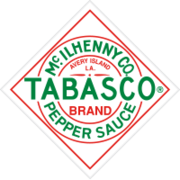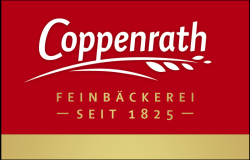Baking powder is a dry chemical leavening agent, a mixture of a carbonate or bicarbonate and a weak acid. The base and acid are prevented from reacting prematurely by the inclusion of a buffer such as cornstarch.
Baking powder is used to increase the volume and lighten the texture of baked goods. It works by releasing carbon dioxide gas into a batter or dough through an acid-base reaction, causing bubbles in the wet mixture to expand and thus leavening the mixture. The first single-acting baking powder was developed by food manufacturer Alfred Bird in England in 1843. The first double-acting baking powder was developed by Eben Norton Horsford in the United States of America in the 1860s.
Baking powder is used instead of yeast for end-products where fermentation flavors would be undesirable, where the batter lacks the elastic structure to hold gas bubbles for more than a few minutes, and to speed the production of baked goods.
 (+44) 785-3015698
(+44) 785-3015698 info@grocee.co.uk
info@grocee.co.uk







































































Reviews
There are no reviews yet.